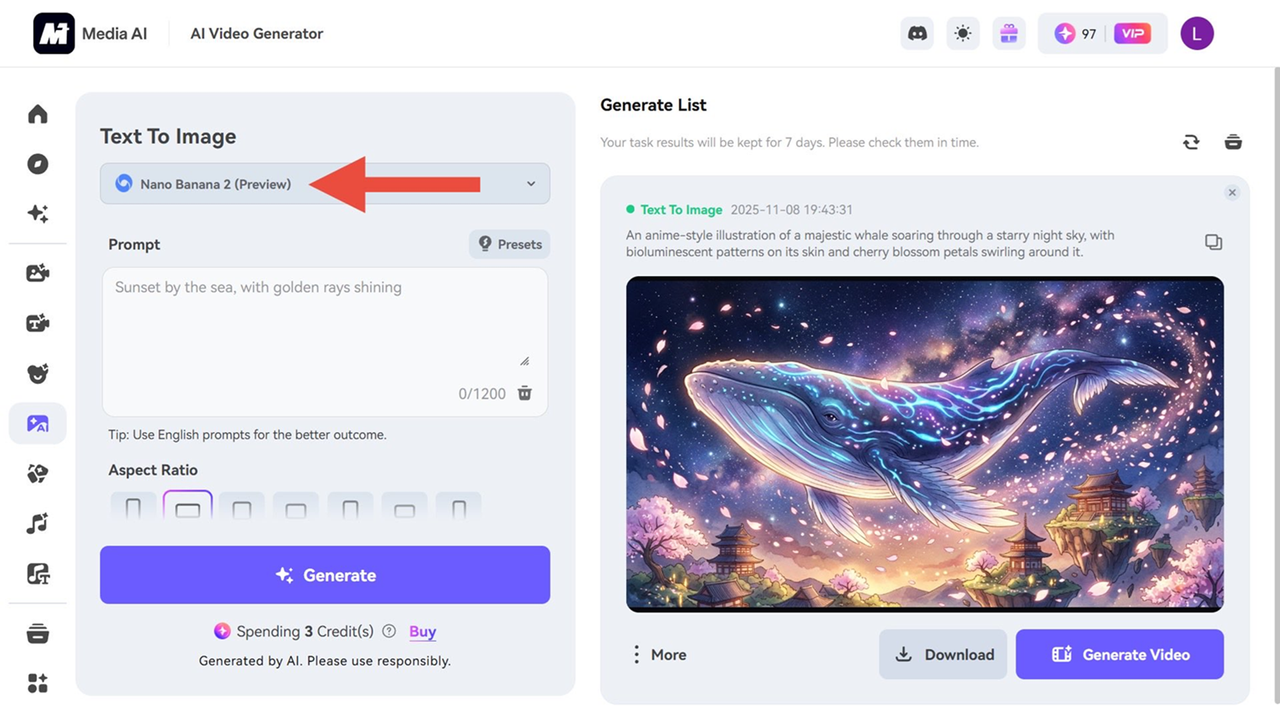
ChatGPT Prompts Boost Productivity Across Popular Self‑Help Frameworks
A Reddit user has compiled five ChatGPT prompts inspired by well‑known productivity books such as Getting Things Done, The 4‑Hour Workweek, and Deep Work. The prompts help users prioritize tasks with the Eisenhower Matrix, design focused work sessions, conduct weekly reviews, align work with personal energy levels, and apply the 80/20 principle. Early adopters report clearer task organization, better time allocation, and reduced mental clutter, turning everyday workflows into more efficient, goal‑oriented processes.










